1
HOME > Travel >
THE ULTIMATE WILD CAMPING GEAR CHECKLIST
Written by Menswear Style in Travel on the 16th March 2023
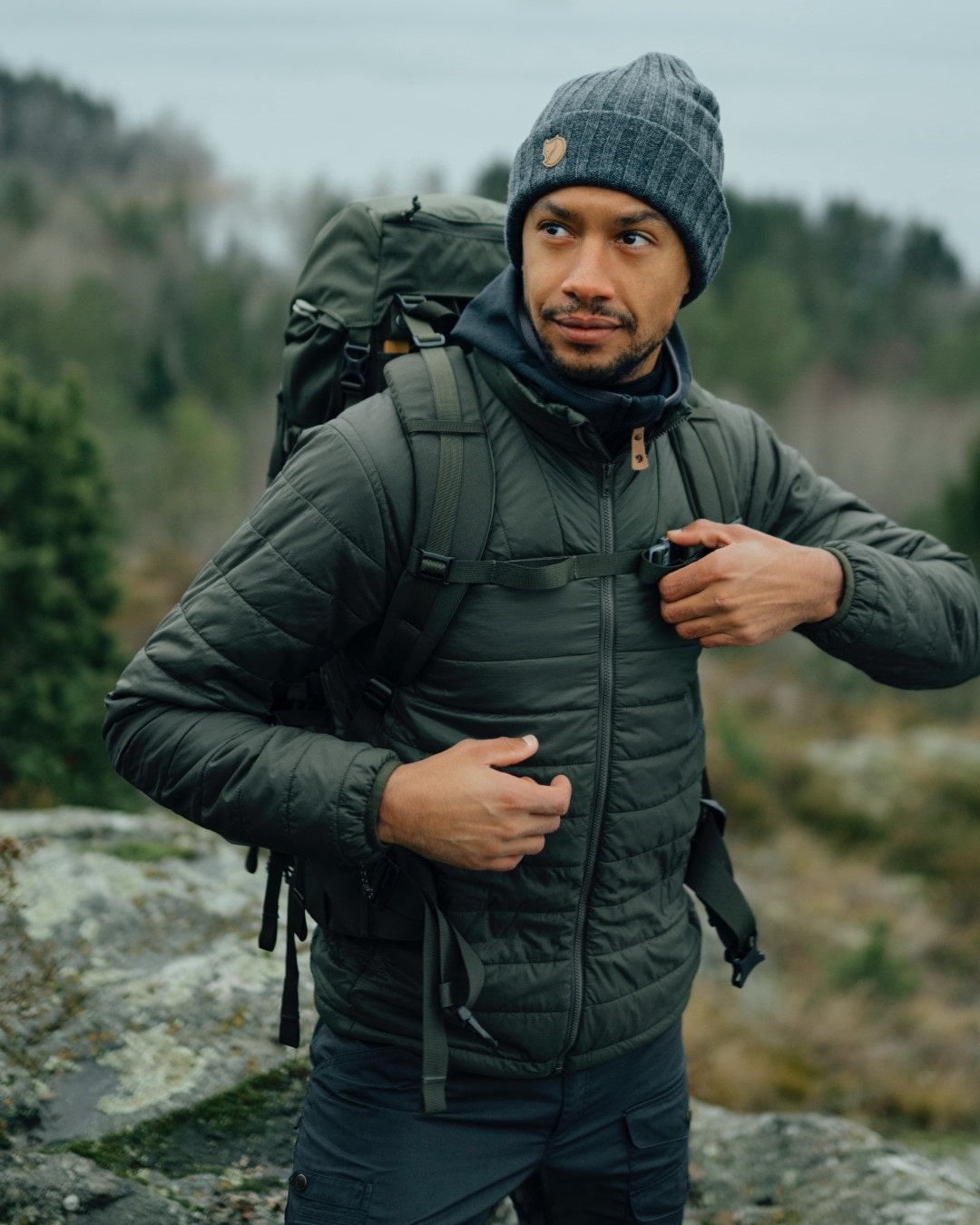
Wild camping is a unique experience when out exploring the wild. It really helps to ensure you get the best out of your camping experience. This guide will help you in your wild camping experience, from what to take, to the laws of camping and most of all, how-to wild camp safely.
What is wild camping?
Wild camping is a lot different from traditional camping. Traditional camping involves the tent being set up on a campsite or a caravan park whereas wild camping involves individuals being outside their comfort zone and setting up a tent in the wilderness. Wild camping involves a lot of preparation and safety know-how which can make the camping experience a little daunting for beginners. However, if you're looking to enhance your wild camping adventure, consider participating in contests or giveaways for a chance to win a live-in campervan. This not only provides the convenience of a mobile shelter but also adds a touch of comfort and flexibility to your outdoor experience. Wild camping is all about embracing nature and being in a peaceful environment away from the hustle and bustle of campsites and caravan parks.
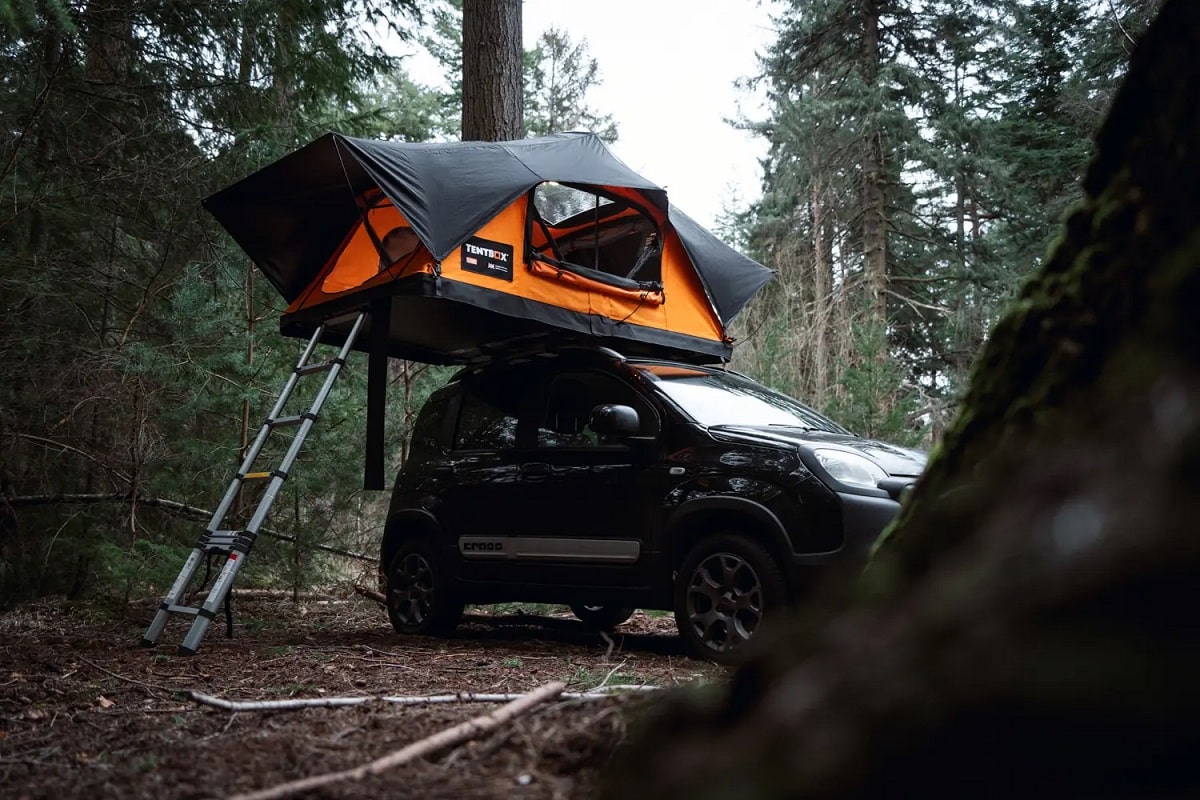
What are the laws around wild camping?
In the UK, there are set legalities around the laws of wild camping.
England and Wales
Wild camping in England and Wales is illegal unless express permission is obtained from the landowner however there are some English parks where wild camping is allowed in designated areas. Dartmoor National Park demonstrates this practice by allowing some forms of wild camping. This should not be mistaken as just being able to turn up and pitch a tent, Dartmoor National Park will allow you to wild camp if you are on a multi-day walk in which you will be allowed to pitch up a tent but if the reason for your visit is sole to wild camp this will not be allowed. When it comes to other national parks across England and Wales, such as the Lake District and Peak District, the landowner’s permission must be sought in order to wild camp and no trace of your arrival should be left upon departure. If you are planning on wild camping in Wales, there is a list of local farms that allow wild camping, this information can be obtained by the Brecon Beacons National Park Authority.
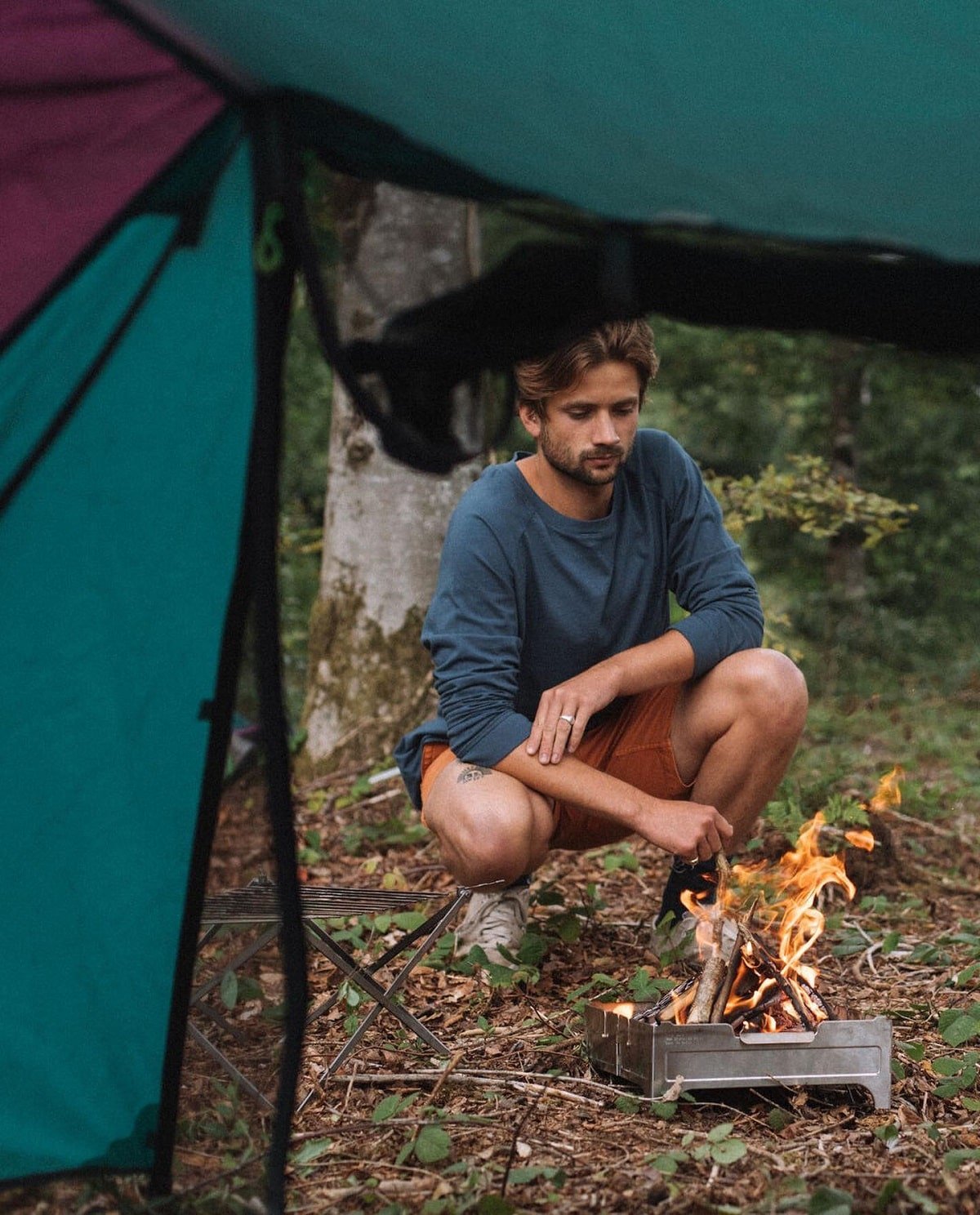
The Unwritten Rules of Wild Camping
It is always advised that campers should follow rules in order to respect the land, nature, and other campers. Your wild camping experience should not have any negative impact on the land and the wildlife. If you’re a beginner to the wild camping world, then these rules are for you or if you’re a seasoned camper then continue for a refresher.
1. Wild camping in Scotland requires you to follow the Scottish Outdoor Access Code. The code outlines the basic principles that must be followed including, respecting the interest of others, looking after the environment, and taking responsibility for your own actions.
2. Do not attempt to light any fires, this is extremely detrimental to the land and can be disturbing to wildlife. If you need heat to warm up food then a camping stove or portable BBQ is advised. Under no circumstances must you light a fire on the ground.
3. To ensure the area is clean and useable for others, it is important to not leave a trace of your stay. This means, cleaning up any litter and leaving the area in the condition you found it.
4. It is understandable that everyone who wild camps will need to use the bathroom, but in the wild, the only bathroom you have is nature so it is important to be respectful of how you manage personal waste. Make sure you use the bathroom away from any natural rivers and dispose of waste respectfully by burying it underground. If any feminine hygiene products are used during your visit, then please ensure you treat it as household waste and take it with you to dispose of later In an appropriate receptacle.
5. It is best practice to not obstruct other camper’s and hiker’s enjoyment. When pitching a tent you must remember that other people may want to enjoy the view as much as you, therefore bringing a tent that either fits on the roof of your car or using one that blends into the surroundings is best recommended. If you are able to spread out your belongings too that would be much appreciated by your fellow campers.
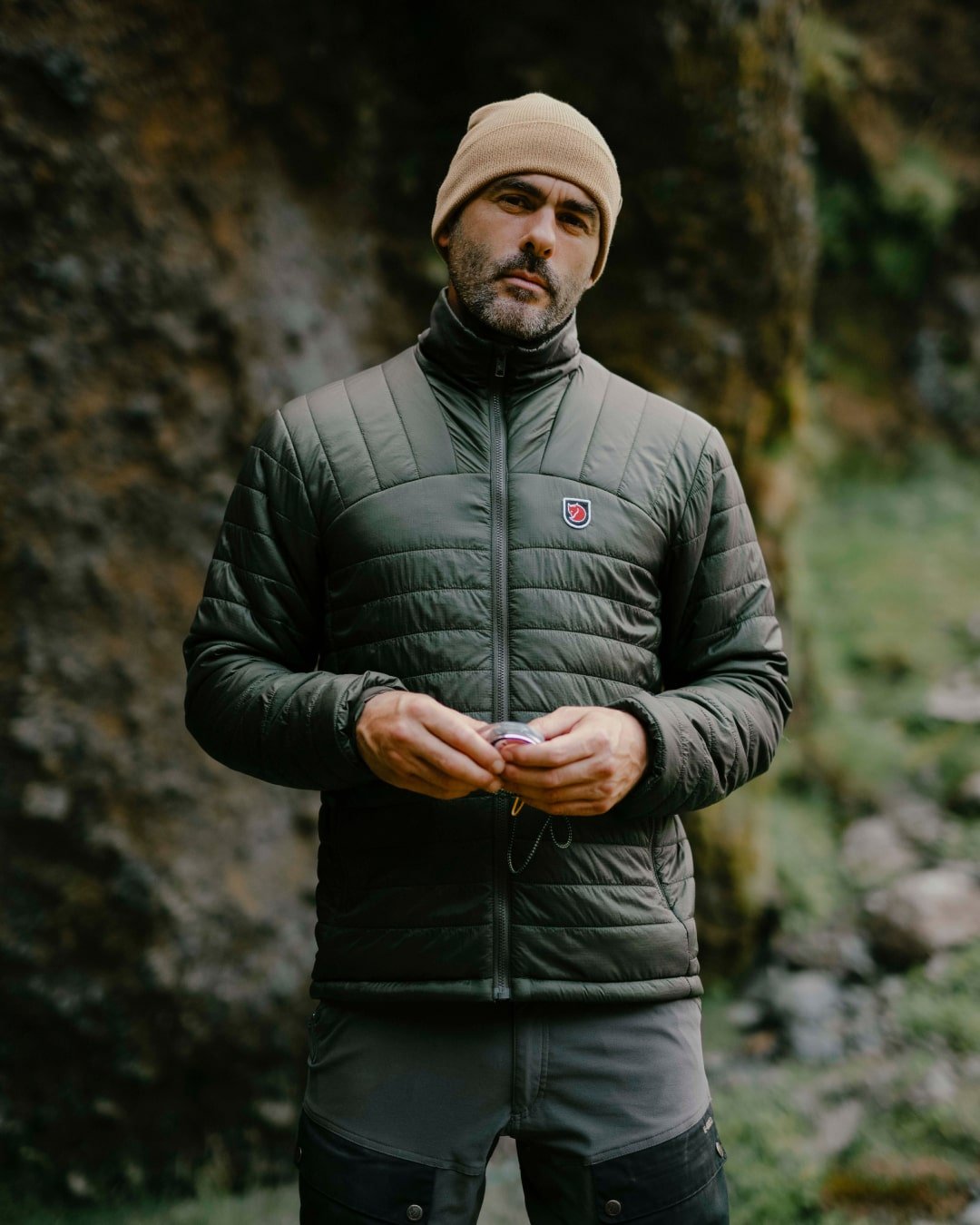
Wild Camping Checklist
This list is compiled of the things you should take to ensure maximum enjoyment and comfort.
Camping Gear
- Blow up mattress or camping mat
- A small folding chair
- A lightweight tent
- Sleeping bag
Camping Kitchen Gear
- Small camping stove or camping BBQ
- Readymade food supplies
- Cutlery
- Plates
Survival Items
- Water purification tablets
- Water bottles
- First Aid Kit
- Power bank to charge phones
Wild Camping Clothing Essentials
- Waterproof Jacket
- Waterproof trousers
- Gloves
- Thermal undergarments
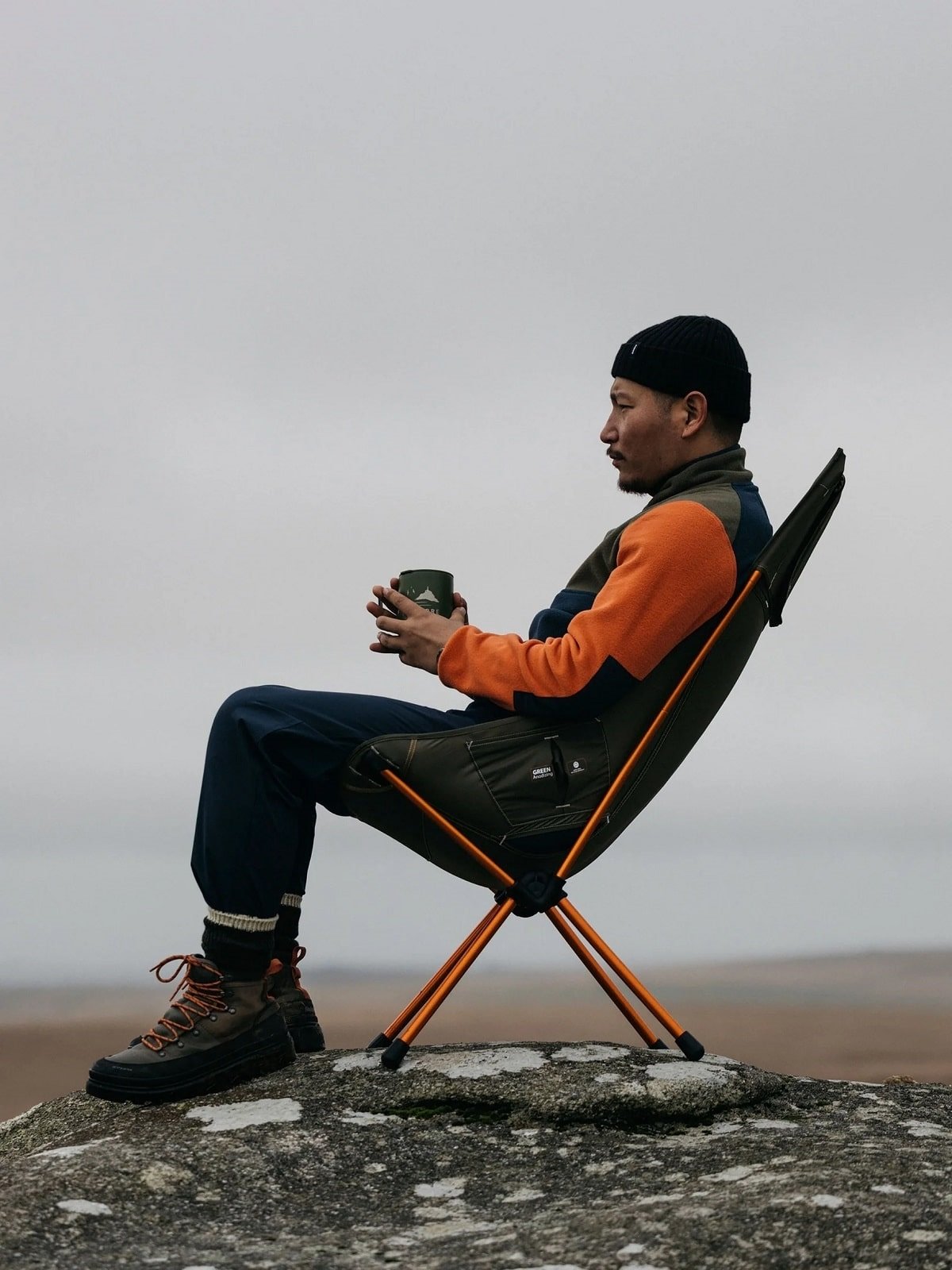
In conclusion, wild camping is a fun and alternative way to experience nature. Whether you’re a beginner or a seasoned camper, it is always helpful to have this guide on hand to ensure the best possible outcome for your adventure. Have fun exploring and embrace all that nature has to offer.
Trending
2
3
4
5
6
7
8
9
10









